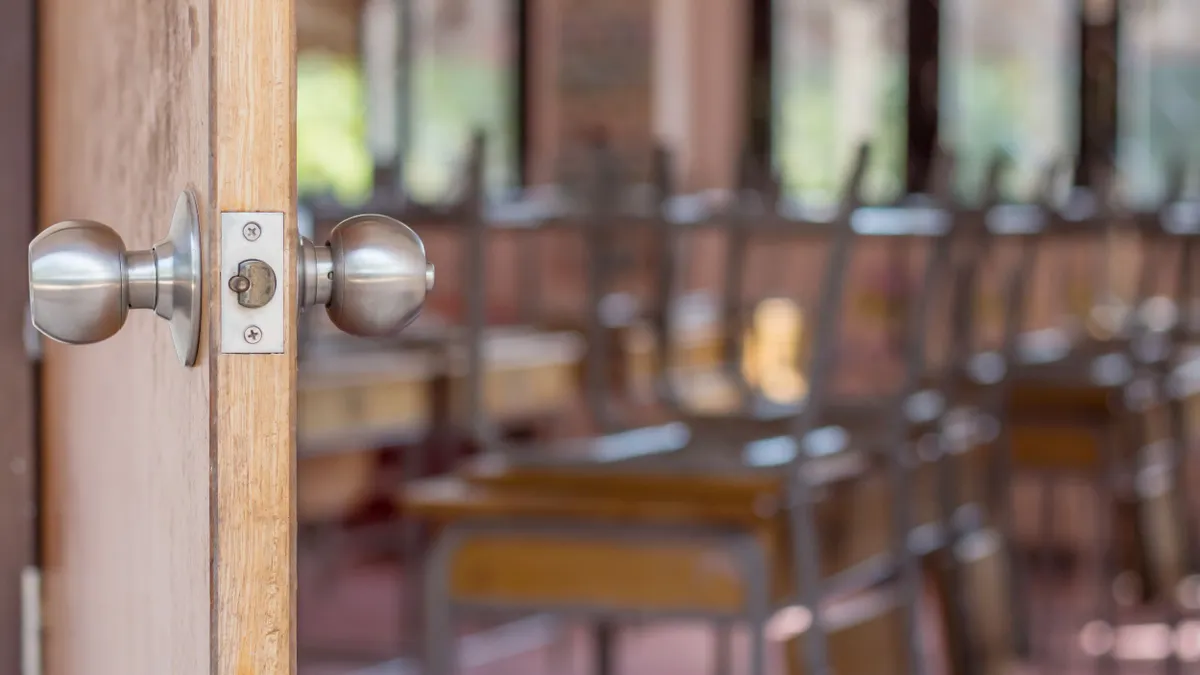Dive Brief:
- Some parents whose children attend schools without recess are using tactics like bringing in a doctors' notes and lobbying elected officials in an attempt to convince principals and teachers of the importance of playtime.
- Three states — Rhode Island, Florida and New Jersey — are weighing whether or not to legally require at least 20 minutes of uninterrupted recess in elementary schools, though New Jersey previously failed to pass a similar law that Gov. Chris Christie reportedly called "stupid."
- Some lawmakers have opposed recess mandates on the grounds that it should be viewed as a privilege that can be taken way as a punishment for misbehavior.
Dive Insight:
A growing body of research has proven that children who are able to play and have recess time do better in school. In Fort Worth, TX, a new 3-year pilot program in four elementary schools, known as "Let's Inspire Innovation 'N Kids" (LiiNK), is testing the cognitive and physical consequences of giving students more recess time. In the program, recess lasts for a shorter duration, but is now given more frequently: four times per day.
The LiiNK model is based on a Finnish approach to playtime. Pasi Sahlberg, the former general director of Finland's Ministry of Education and Culture, had said that recess is among three key components of that nation's education, widely regarded as one of the most successful and advanced systems in the world.
Some educators have sided with parents on the issue. In Seattle, teachers have included demands over recess in contract negotiations. A contract passed in fall 2015 guaranteed 30 minutes of recess for students after an investigation revealed that some elementary schools were giving kids less than 15 minutes. Recess is not only good for kids on a cognitive level, but it also helps fight childhood obesity, a growing problem in the U.S. that has seen a much more concerted effort around healthier lunches.












